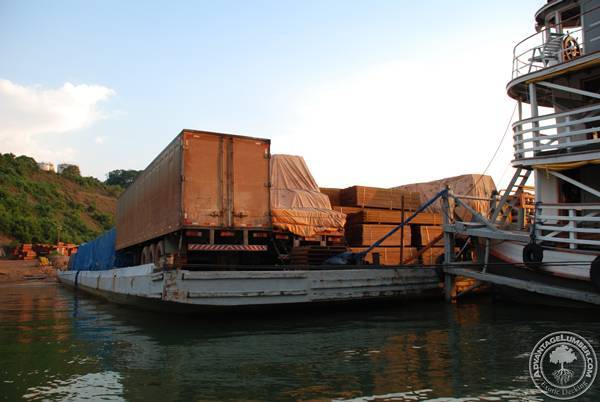Brazil is on the move thanks to the new finance minister, Joaquim Levy. Drastic changes are being made that will remove many of the policies implemented by Guido Mantega. The goal of these changes is to bring Brazil’s budget back into balance and restore investors’ confidence.
So what exactly is going to happen? One of the changes is an increase of the Cide fuel tax. Under Guido Mantega, the Cide tax was reduced to zero to help curb inflation and stimulate the economy.
The fuel tax will bring in an estimated R$14.07 billion for the federal government and will likely have a good impact on the deficit Brazil currently has in its books.
In addition to the Cide tax, Brazil will make it more difficult to import dollars. Any foreign-bought merchandise will suffer a 3% import tax. Consumers aren’t the only ones who will see increases; any importing companies will pay social security taxes to the tune of 11.75%. Lastly, auto makers and cosmetic producers will see an increase in their industrial production tax.
The timber industry will suffer from the Cide tax as it becomes more costly to buy gasoline to run trucks and machinery. The tax, coupled with Brazil’s current inflation, will likely raise the price that timber sells for. However, these changes are necessary for the health of the Brazilian economy and all the industries in the long run
The removal of Guido Mantega’s economic policies should bolster the confidence of investors in the Brazilian government, which just posted its first trade deficit in 14 years.
